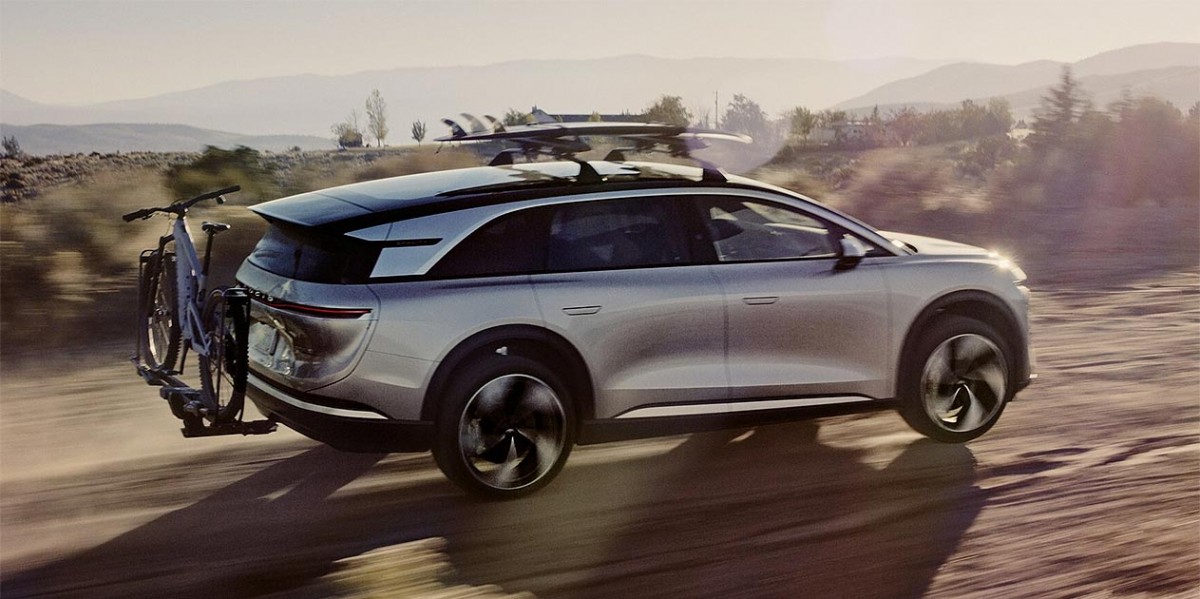Study finds 'gentle driving' is not needed on EVs
A cloud of anxiety has been hovering over electric car owners since day one of ownership. The conventional wisdom was clear: to preserve the costly battery, you must drive gently. Smooth acceleration, cautious merging, and a feather-light foot were preached as gospel.
New research from Stanford University just flipped that entire script. A study published in the peer-reviewed journal Nature Energy found that the chaotic, punchy nature of real-world driving is not only fine for EV batteries — it's actually better for them, potentially extending their lifespan far beyond what anyone predicted.

As it turns out, the laboratory is a poor imitation of a Tuesday morning commute. Previous battery life predictions were based on steady, consistent charge and discharge cycles. But nobody drives like that. We punch the accelerator to merge, stab the brakes for a yellow light, coast down hills, and sit at stoplights.
The Stanford team found that these dynamic "power pulses" and frequent short rests are surprisingly healthy for lithium-ion batteries. Compared to the boring, steady-state lab tests, this real-world driving style extended the usable life of the battery cells by up to 38 percent.

That 38 percent boost in lifespan is not a small rounding error. The researchers calculate this could add roughly 195,000 miles of driving before the battery pack degrades to its end-of-life threshold, which is typically defined as holding 70 or 80 percent of its original charge.
This finding could fundamentally change the math for buying and owning electric cars. The fear of a $20,000 battery replacement in year nine suddenly looks far less likely. For the average driver, this means the battery pack could easily outlive the car's chassis.

The study explains that the old, constant-load lab tests were a bit of a silent killer. They placed unique stressors on the battery, encouraging the growth of "lithium plating" and heat buildup, two primary culprits in battery degradation.
Real-world driving, with its endless "micro-cycles" of acceleration and braking, along with short rest periods, actively works against these stressors. Those brief moments of coasting or waiting at a red light give the battery chemistry a chance to settle, reducing wear and tear far more effectively than a constant, steady drain.

This news is not a green light to treat your EV poorly. The study simply busts the myth that you must drive like a timid snail. The real enemies of an EV battery remain what they have always been: extreme heat and extreme states of charge. Letting your electric car bake in a desert parking lot after a high-speed fast-charge is still a terrible idea.
Likewise, letting the battery sit fully charged at 100 percent for days on end, or letting it sit near-empty at zero percent, will still cause damage. These factors are far more destructive than enjoying the instant torque your car was built to deliver.

The practical takeaway for electric car owners is refreshingly simple: just drive. Stop-and-go traffic is fine. Merging onto the freeway with gusto is fine. Instead of worrying about acceleration, focus on the easy wins. For daily driving, set your charge limit to 80 or 90 percent and plug it in overnight, and avoid letting the car sit for long periods at 100 percent or near empty.
On road trips, let the car's thermal management system precondition the pack before a DC fast charge, and try to start driving again soon after you hit your target charge. Your car's battery isn't a fragile egg; it's a tough piece of engineering that, as it turns out, actually likes to be used.
Reader comments
- Anonymous
- ps8
problem is brand new car prices have risen significantly. there are people 'babying' brand new nissan sentras..a pure jap junk when it should be used as a beater/starter




Facebook
Twitter
Instagram
RSS
Settings
Log in I forgot my password Sign up